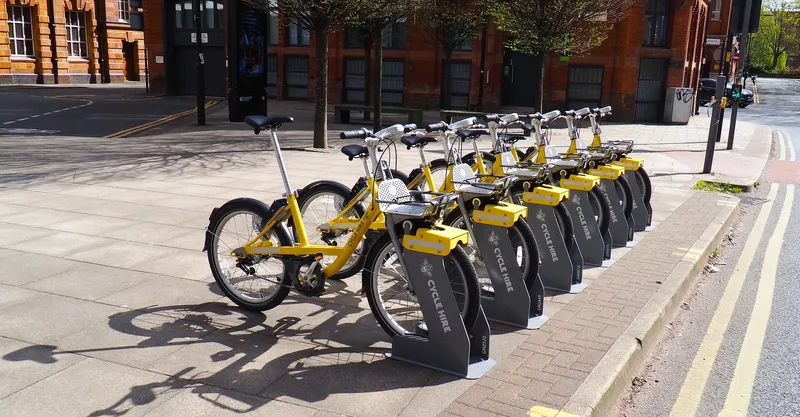The UK government has approved funds to tackle congestion in two of the UK’s major cities, Birmingham and Leeds.
Work needed to tackle congestion on the regionally strategic A452 road in Birmingham can now start after receiving final approval from Transport Minister Baroness Kramer. The road carries heavy traffic, creating poor access and a lack of reliable journey times for road users. The US$13 million improvements will improve the network, improve bus journey times and improve pedestrian and cyclist
October 25, 2013
Read time: 2 mins
The UK government has approved funds to tackle congestion in two of the UK’s major cities, Birmingham and Leeds.
Work needed to tackle congestion on the regionally strategic A452 road in Birmingham can now start after receiving final approval from Transport Minister Baroness Kramer. The road carries heavy traffic, creating poor access and a lack of reliable journey times for road users. The US$13 million improvements will improve the network, improve bus journey times and improve pedestrian and cyclist safety.
Work can now start on the construction with the project scheduled to complete in spring 2015.
The Leeds Inner Relief Road has been given the green light and US$25.8 million of funding for major maintenance work that will keep traffic moving in the city. The scheme, the full cost of which is US$40 million, consists of essential maintenance to three large highway structures on the A58M Leeds Inner Ring Road at Woodhouse Tunnel, New York Road Viaduct and Lovell Park Road Bridge.
Work on the viaduct and bridge has been completed early, meaning motorists are already benefitting from the upgrades. Work can now begin on the Woodhouse Tunnel later this month, with completion due for 2016.
Work needed to tackle congestion on the regionally strategic A452 road in Birmingham can now start after receiving final approval from Transport Minister Baroness Kramer. The road carries heavy traffic, creating poor access and a lack of reliable journey times for road users. The US$13 million improvements will improve the network, improve bus journey times and improve pedestrian and cyclist safety.
Work can now start on the construction with the project scheduled to complete in spring 2015.
The Leeds Inner Relief Road has been given the green light and US$25.8 million of funding for major maintenance work that will keep traffic moving in the city. The scheme, the full cost of which is US$40 million, consists of essential maintenance to three large highway structures on the A58M Leeds Inner Ring Road at Woodhouse Tunnel, New York Road Viaduct and Lovell Park Road Bridge.
Work on the viaduct and bridge has been completed early, meaning motorists are already benefitting from the upgrades. Work can now begin on the Woodhouse Tunnel later this month, with completion due for 2016.









